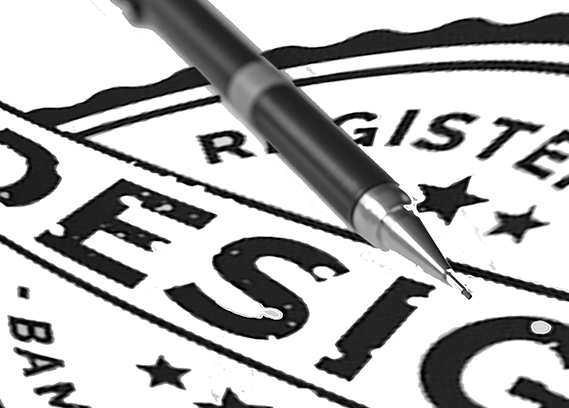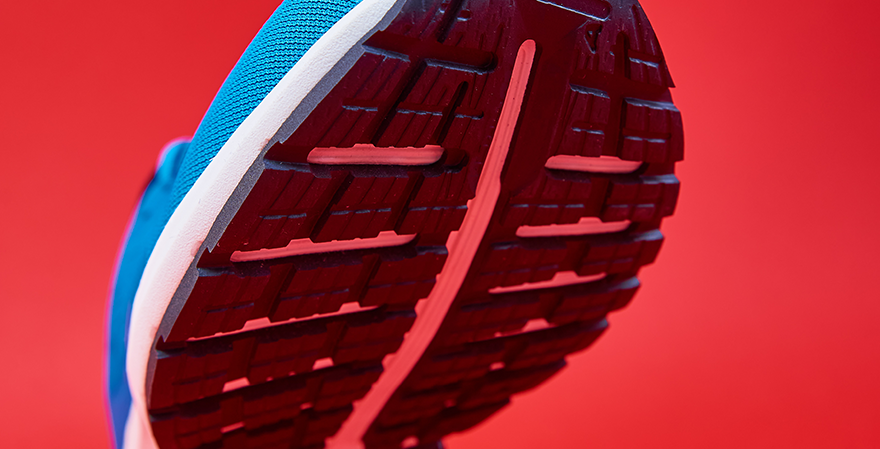WHAT WE MONITOR
DESIGNS

Overview
An industrial design right is an intellectual property right that protects the visual design of objects. It encompasses the creation of a shape, configuration, or composition of pattern or colour, or a combination of pattern and colour in three-dimensional form that possesses aesthetic value. Our service offers searches and checks for similar design patterns within our database.
FAQ's
This service will be particularly beneficial for design owners and entities planning to register industrial and other designs.
Each design is taxonomized based on Locarno's classification for better registration industrial designs. Our service verifies each new design and its classification and then compares the specific features and characteristics of the design with the customer's design. Automatic verification is performed using Vision ML and looks for elements of similarity between designs. This makes it possible to identify copycats or imitations.
Yes, absolutely. Thanks to this service, you can avoid potential objections in the design registration process. It will help you steer clear of using design features belonging to other industrial design owners.
Machine learning is an application of artificial intelligence (AI) that equips systems with the ability to learn automatically and improve from experience without being explicitly programmed. Machine learning focuses on developing computer programmes that can access data and utilise it to learn independently.
After receiving the reference number, please register on the web portal. Upon successful registration, the service will be activated for you. The first information outputs will be displayed after a few hours.


